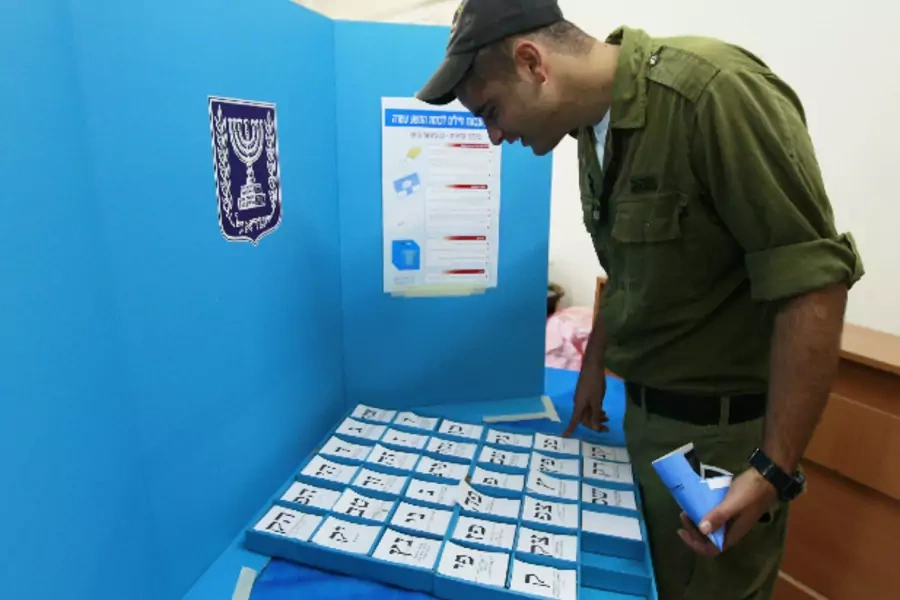Four Strategic Challenges for Israel’s Next Government

More on:
Israel’s next government will assume the mantle of a strong and prosperous country. While facing a range of security challenges and tremendous regional turmoil, Israel today enjoys a preponderance of power over any likely regional threat or adversarial coalition. Its national economy is robust, and the country’s national cohesion remains exceptionally strong.
Nonetheless, Israel’s overall strategic posture is vulnerable. Its national power and economic strength depend on less tangible factors, such as foreign relations, global alliances, and perceived international legitimacy. The Israeli government formed after the March 17 election will face four significant and interrelated challenges:
First, relations between the Jewish state and the United States, its superpower ally and patron, are poor. Six years of bickering over Israeli settlement activities, Palestinian peace efforts, and the best way to contain if not counter Iran’s nuclear program have challenged bilateral relations. The next Israeli government will need to reestablish its traditional bipartisan base of support in Washington or risk becoming a party to domestic U.S. political squabbles.
Second, Israel sees its largest regional threat coming from an Islamic Republic of Iran that openly calls for its eradication. While continuing to project influence regionally, Iran has advanced its decades-long effort to develop an indigenous nuclear enrichment program. With or without a P5+1 (the five permanent members of the UN Security Council—the United States, China, France, Russia, and UK—and Germany) agreement, Israel will see Iran and its regional allies as the greatest military challenge to its security. Israel’s next government will prioritize countering Iran’s nuclear and regional ambitions.
Third, Israel faces challenges from two different and rival Palestinian leaderships. Israel has fought Hamas, Gaza’s de facto government, in three deadly yet inconclusive rounds of conflict in the last decade. Left isolated and unattended, Gaza could erupt, with violence spilling over into Israel.
Meanwhile, the Palestine Liberation Organization (PLO), which administers the West Bank’s major population centers via the Palestinian Authority, has shifted away from cooperation with Israel toward diplomatic confrontation in international fora, including the United Nations and the International Criminal Court. While Israel has a preponderance of military power, the Palestinians are attempting to level the playing field on the international stage. The PLO also threatens to suspend on-the-ground security cooperation with the Israeli Defense Forces. It is unlikely to desist absent an Israeli government that seeks to make peace and end the occupation of the West Bank.
Fourth and closely related, Israel faces a trend toward international delegitimization in parts of Europe and the United States, where Israel has traditionally enjoyed unrivaled support. The growing perception that Israel opposes Palestinian national aspirations accelerates Israel’s isolation. The next Israeli government will face a Boycott/Divestment/Sanctions movement that is gaining momentum and threatens to take root with a new generation of academics and politicians, among others. Only a credible move to establish two states in the land between the Jordan River and the Mediterranean could help thwart this.
Israel has been largely reactive in the face of the upheavals sweeping the Middle East for the past five years. Yet the enormity of its most critical challenges may force the next Israeli government to adopt new initiatives and a more activist approach.
For a comprehensive take on the upcoming Israeli election of which this posting is one part, check out CFR.org’s Expert Roundup by Benedetta Berti, Shlomo Brom, Natan Sachs, and Yossi Klein Halevi.
More on:
 Online Store
Online Store